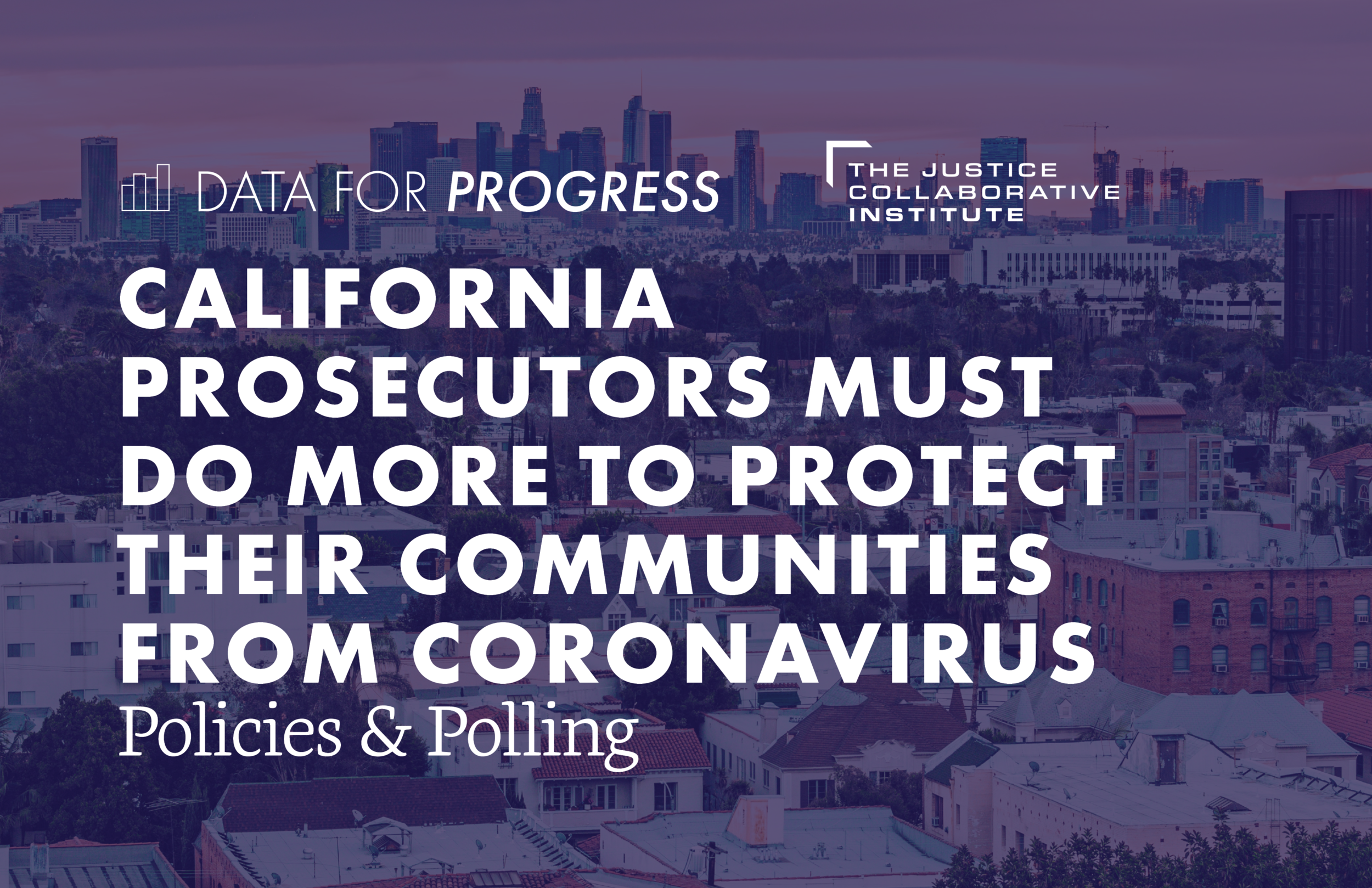There is strong need for public access to records of police misconduct.
Read MoreExtreme sentences have contributed to the United States being the number one incarcerator in the world
Read MoreViolence interruption programs, used in cities throughout the United States, provide a proven, community-led, and cost-effective solution to reducing gun violence.
Read MorePeople detained in rural jails are likely to be there because they cannot afford cash bail. Judges in rural courts often send people to jail for drug possession, in part because there are few diversion programs.
Read MoreIn recent weeks, the humanitarian disaster that doctors and public health experts predicted has turned into reality: coronavirus has reached prisons and jails in California and across the country, sparking outbreaks that threaten the lives of incarcerated people, staff, and surrounding communities. California’s elected prosecutors—the district attorney in each county—are uniquely positioned to address this crisis.
Read MoreOn April 2, the National Juvenile Defender Center likewise issued a statement on the urgent need to halt new detentions and release all youth who can safely return home to their families or caregivers.
Read MoreFor the first time in presidential primary history, 2020 candidates have competed for a progressive position on the sex trade. Several candidates have indicated their “openness to the decriminalization of sex work” while other candidates have expressed stances they describe as decriminalization but range in policy from Prohibition-style criminalization to regulated legalization. A recent resolution introduced by Congresswoman Ayanna Pressley calls for decriminalization. Legislators, supported by community groups, have also introduced decriminalization bills in New York and D.C, and sex workers are mobilizing to do the same in cities and states across the country. There is growing consensus amongst civil rights, LGBTQ+ justice, labor, immigrant justice, and women’s groups that the decriminalization of sex work best protects people in the sex trades. A recent national poll by Data for Progress found an outright majority of all voters support decriminalizing sex work. Additionally, two-thirds of voters age 18-44 support decriminalization.
Read MoreThe People’s Justice Guarantee, introduced by Congresswoman Ayanna Pressley, is a comprehensive plan for the federal government to take the lead in rebuilding the criminal legal system so that it is smaller, safer, less punitive, and more humane.
Read MoreSixty-four percent of voters support restricting the use of fines and fees to those who are able to pay.
Support for this proposal has broad, majority support across all ideological identifications, age group, and income brackets.
There are a variety of ways in which state and local officials can end the criminalization of poverty, including eliminating criminal system fees, limiting the use of fines, and requiring strong ability-to-pay evaluations and alternatives to court debt.










